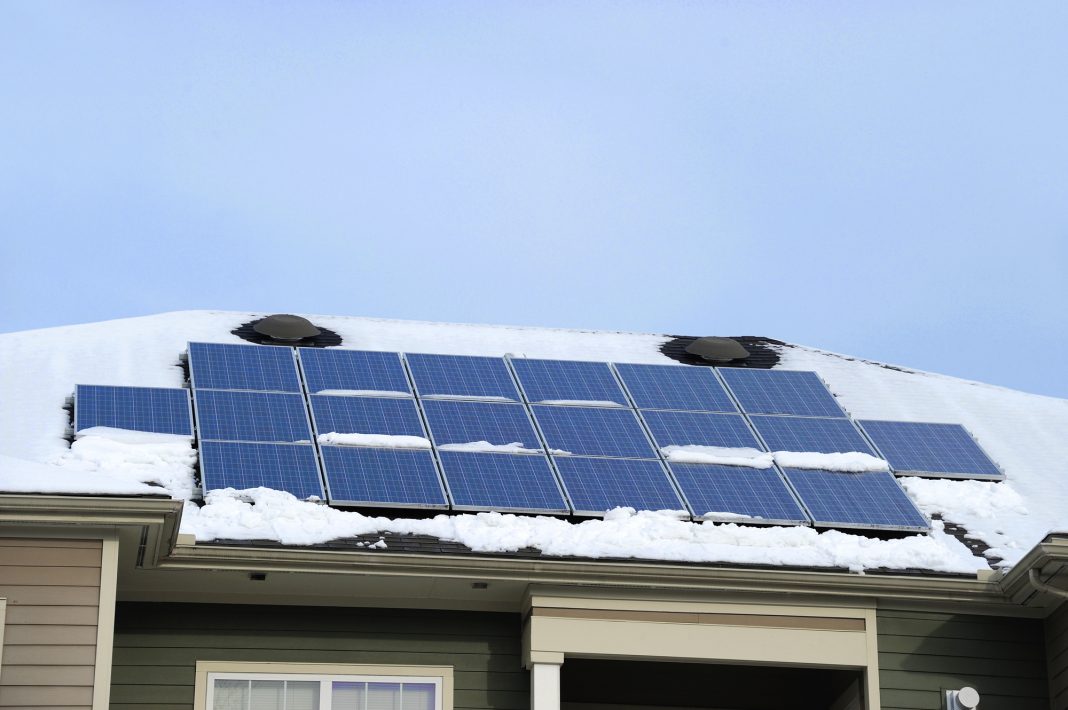Did you know that there are currently enough solar panels installed to power over 21 million homes in the US? More homeowners are seeking solar energy solutions each and every year.
Have you considered switching your home to solar energy? Do you know how to get the most benefits out of solar panels?
The following guide will explain five things you should consider before investing in solar energy. Read on to learn how to choose the most efficient solar setup.
1. Panel Location
Make sure you have a good location for panels before you buy your home’s solar power system. Typically, solar panels are installed on top of your roof. Older homes often require repairs or even replacement before installation.
Panels can also be installed in yards with adequate sunlight. It’s an alternative to roof installment if you have enough space in your yard.
Positioning for the longest amount of direct sunlight is key no matter where they’re installed. Face your solar panels south if you live in the northern hemisphere. Face your panels north if you live in the southern hemisphere.
2. Panel Types
Determine if you want to buy photovoltaics solar panels or solar thermal panels.
Photovoltaics are much more common than thermal. They use solar cells that work to convert sunlight into electricity. Solar thermal panels use mirrors for concentrated sunlight. Thermal is usually used for water heating.
Solar thermal is more efficient but its efficiency relies heavily upon if the sun is out. PV panels are more flexible in different weather and last longer.
Make sure to consider the warranties that come with each panel type. Also, try reading some reviews and determine which strengths are more important to you in each panel.
3. Permits
There are different rules for solar panel installation in every city and state. Research city codes and make sure that your property follows local zoning laws and ordinances.
Applying for permits might take a while to submit and take even more time to get approval. Know that solar installation sometimes takes patience.
4. Cost Of Solar Energy Solutions
Solar panels are an investment that pays off long-term. They help lessen utility bills and some states pay for excess energy through net metering.
But you must plan for the up-front cost of your panels. Decide if you’ll be buying the panels outright, renting them, or financing them. Don’t forget to account for interest if you’re financing.
Professional installation is another cost to remember. Also, some permits for solar panels include a one-time fee. Make sure to budget for future panel maintenance as well.
5. Rebates And Tax Incentives
Keep in mind that there are federal tax incentives to help lower the cost of going solar. Some states even offer additional rebates to bring the price down further.
The federal tax credit currently covers 26 percent of solar panel costs. However, it will lower to 22% starting in 2023.
Are You Ready For Solar Power?
Now you know five things to consider before seeking solar energy solutions. Have a good location for panels, pick a type, and determine your costs. Remember this guide and choose the perfect solar setup for your home.
Check out the rest of our site for more helpful tech tips other fascinating articles.

